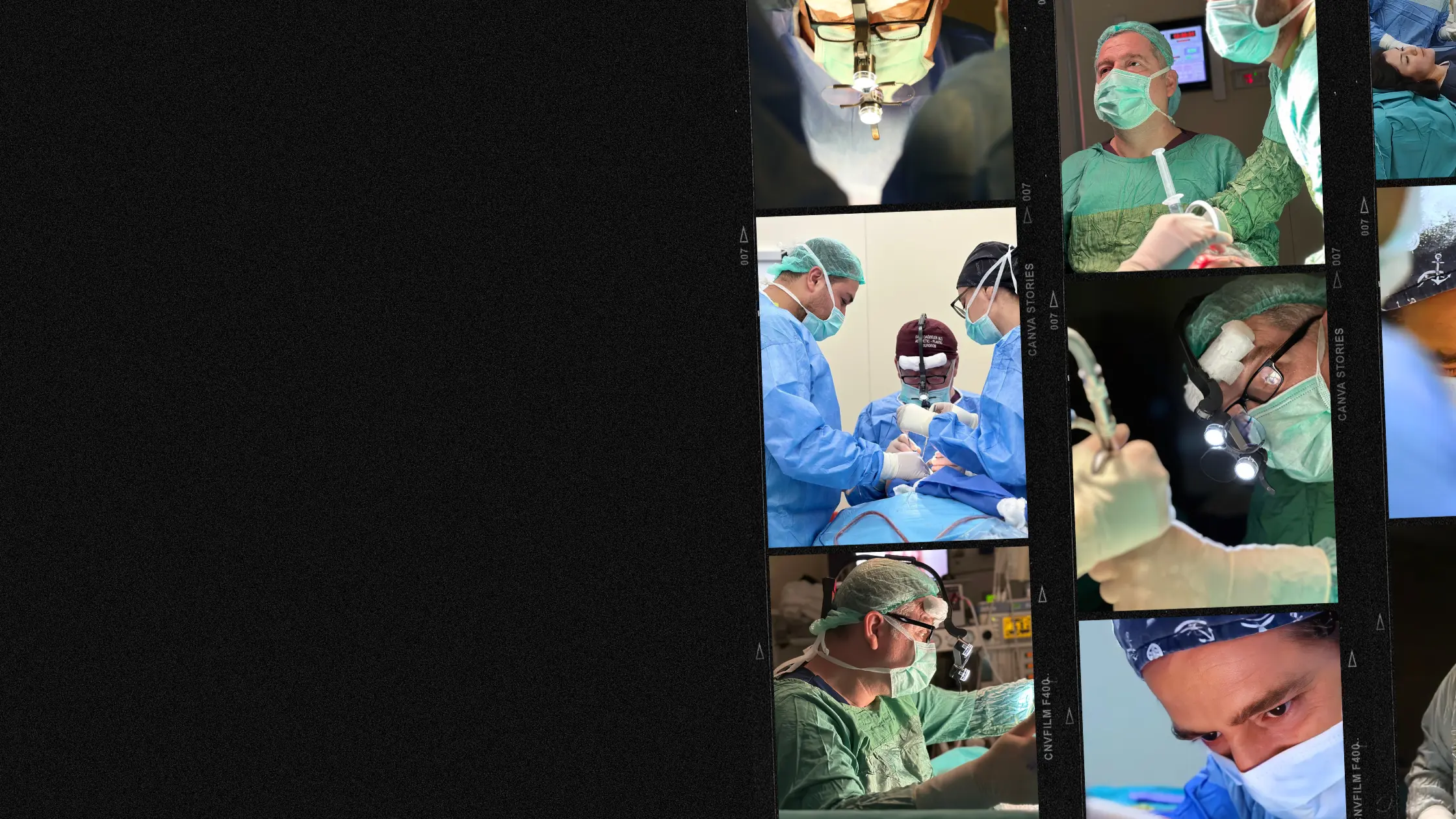“`html
Hair Transplant and Support for Tissue Compatibility: Collagen Production
The burgeoning field of hair transplant surgery has witnessed remarkable advancements, with a key focus on ensuring tissue compatibility and enhancing collagen production. Collagen, a protein that provides structural support in tissues, plays a vital role in the success of hair transplant procedures by supporting graft integration and promoting wound healing. This paper delves into the intricate relationship between hair transplantation, tissue compatibility, and collagen production, drawing insights from scientific studies and clinical expertise.
Introduction
Hair transplant surgery is a widely recognized solution for individuals experiencing hair loss due to various factors, including androgenetic alopecia, trauma, or medical conditions. The primary goal of hair transplantation is to restore hair density and achieve a natural appearance. However, the success of the procedure heavily relies on tissue compatibility and the ability to stimulate collagen production, which aids in graft assimilation and long-term hair follicle survival.
Understanding Hair Transplant Techniques
Follicular Unit Transplantation (FUT)
Follicular Unit Transplantation (FUT) involves the removal of a strip of donor scalp tissue, from which follicular units are extracted and transplanted to the recipient site. This technique requires meticulous handling to ensure tissue viability and minimize scarring.
Follicular Unit Extraction (FUE)
Follicular Unit Extraction (FUE) is a minimally invasive technique that involves harvesting individual hair follicles from the donor area and implanting them into the recipient site. FUE offers faster recovery and reduced scarring compared to FUT.
Role of Tissue Compatibility in Hair Transplant Success
Tissue compatibility is a crucial factor in determining the success of hair transplant surgeries. The recipient site must provide a conducive environment for the transplanted follicles to thrive. Factors such as blood supply, immune response, and collagen synthesis significantly influence tissue compatibility.
Scientific studies have shown that enhancing tissue compatibility through strategic interventions can significantly improve graft survival and overall transplant outcomes.
Collagen Production: The Building Block of Tissue Integration
Collagen is a fibrous protein that contributes to the structural integrity of tissues. It plays a pivotal role in wound healing and tissue regeneration by providing a framework for cellular growth and vascularization. In the context of hair transplantation, collagen production is vital for:
- Aiding wound healing and reducing the risk of infection.
- Facilitating graft anchorage and integration into the recipient site.
- Promoting the longevity and natural appearance of transplanted hair.
Collagen Synthesis and Hair Follicle Viability
The synthesis of collagen is influenced by various factors, including age, nutrition, and medical conditions. In hair transplant patients, optimizing collagen production can enhance follicle viability and improve the overall success of the procedure.
Studies have demonstrated that certain interventions, such as the use of collagen-stimulating agents and platelet-rich plasma (PRP) therapy, can significantly enhance collagen synthesis in the scalp.
Enhancing Collagen Production in Hair Transplant Patients
Platelet-Rich Plasma (PRP) Therapy
PRP therapy involves the injection of concentrated platelets derived from the patient’s own blood into the scalp. These platelets release growth factors that stimulate collagen production and promote tissue regeneration. PRP has gained popularity as an adjunctive treatment in hair transplantation due to its ability to enhance graft survival and improve aesthetic outcomes.
Nutritional and Lifestyle Interventions
Adequate nutrition and a healthy lifestyle are essential for optimal collagen production. Patients are advised to consume a diet rich in vitamins, minerals, and antioxidants that support collagen synthesis. Additionally, avoiding smoking and excessive sun exposure can help maintain collagen integrity.
Clinical Insights and Future Directions
As an experienced practitioner in the field of hair transplantation, I have observed the transformative impact of collagen-focused strategies on surgical outcomes. By prioritizing tissue compatibility and harnessing collagen production, practitioners can achieve natural-looking, long-lasting results for their patients.
Future Research Directions
Continued research into novel techniques and technologies for enhancing tissue compatibility and collagen synthesis is imperative. Exploring advancements in regenerative medicine, biomaterials, and stem cell therapies holds promise for further improving the efficacy and safety of hair transplant procedures.
Conclusion
Hair transplant surgery has evolved into a sophisticated field that integrates surgical precision with a deep understanding of tissue biology. By focusing on tissue compatibility and collagen production, practitioners can achieve superior outcomes for their patients, restoring confidence and improving quality of life.
If you are considering a hair transplant and seek unparalleled expertise, I invite you to explore the transformative possibilities at our clinic. Schedule a consultation today by visiting our appointment page or contact me directly via WhatsApp at +90 507 178 17 79. Together, we can embark on a journey towards achieving your desired hair restoration goals.
“`
This academic paper provides an in-depth exploration of hair transplant techniques, tissue compatibility, and collagen production, offering valuable insights for both patients and practitioners.


